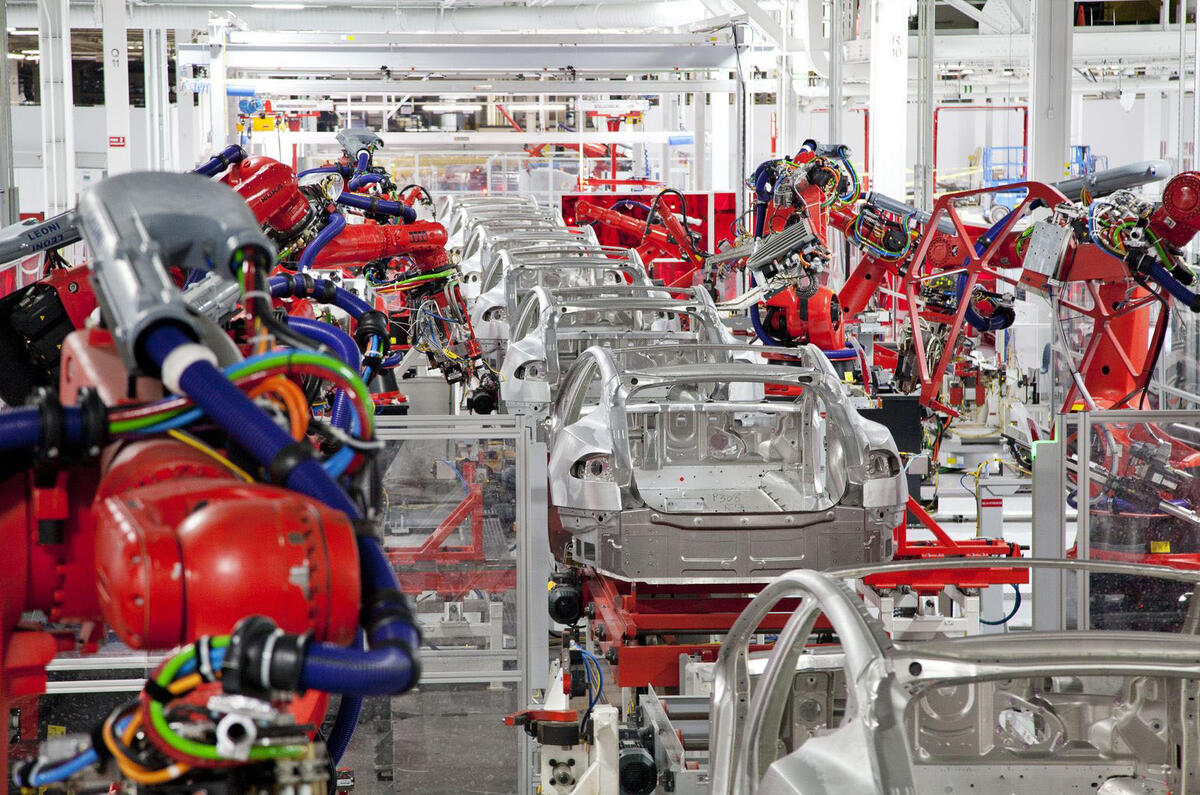Tesla and Volvo have suspended production at some of their European factories, due to supply issues arising from the ongoing attacks in the Red Sea.
Ships using the world’s busiest maritime trade route are being targeted by the Houthi militia in response to the ongoing war between Gaza and Israel, international media reports.




Add your comment